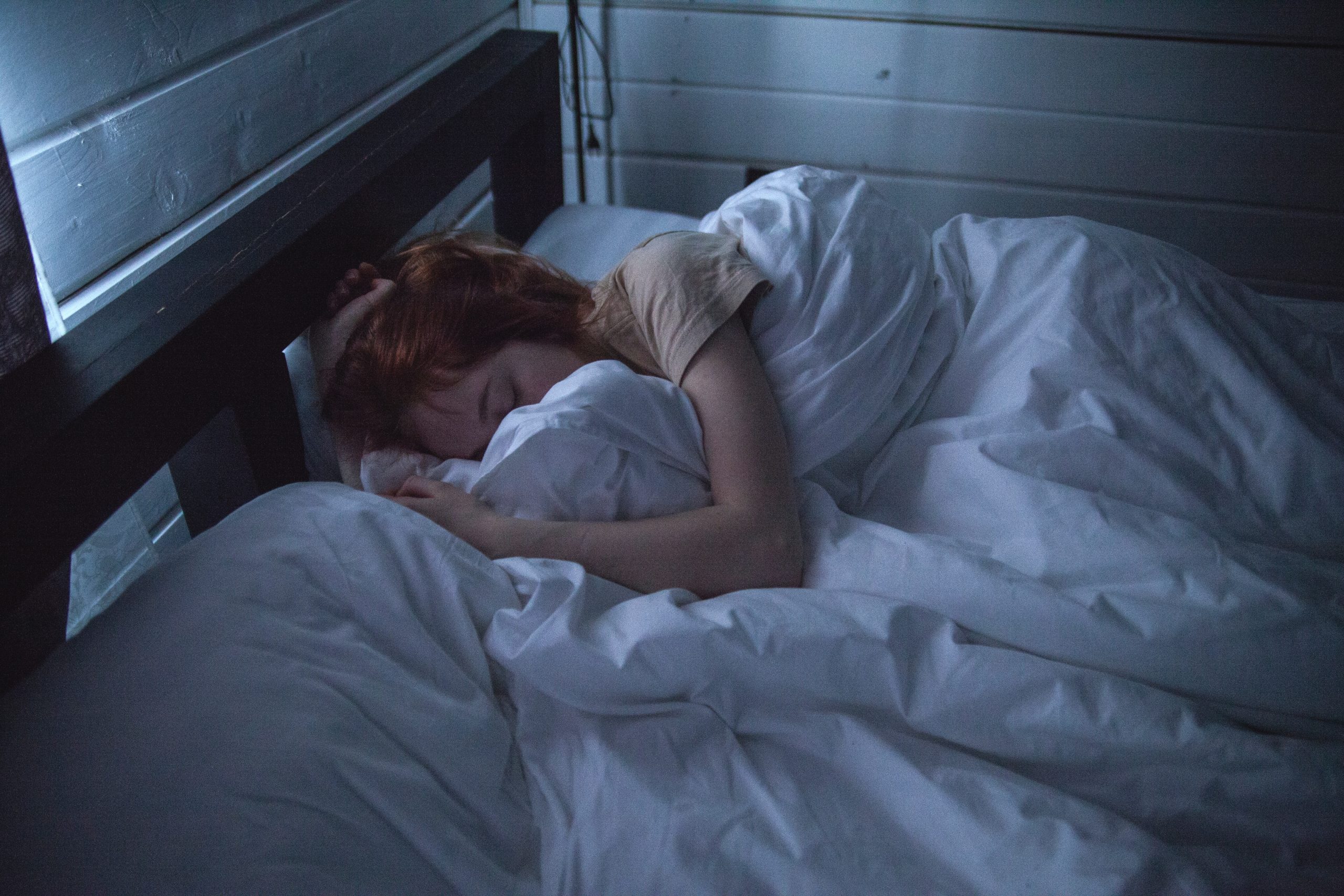One of the most common health concerns that we deal with at Luck’s Yard Clinic is chronic neck and back pain. Often patients tell us that this has a huge impact on their daily life and also on their sleep which impacts how they feel during the day.
Some years ago the British Chiropractic Association (BCA) reported research that showed that 8 per cent of the population claim that the act of sleeping on their mattress can trigger neck or back pain.
Despite these individuals citing their mattress being a cause of pain more than half of us (55%) wait until our bed loses all firmness before changing it.
Although experts recommended replacing your mattress approximately every 8 years, the survey of over 2,000 adults found that more than one in ten (11%) adults have never replaced their mattress at all.
The BCA research also found that about one in ten people report that their neck or back pain actually prevents them from sleeping, a clear concern for the sleep deprived.
What to do if you think your mattress is contributing to pain
Firstly, take action! Make sure your mattress is neither too hard – a common myth is that the firmer the mattress the better – or too soft to support your back:
- If you are lying on your side, your spine should be parallel to the mattress and the mattress should not sag (bed too soft) or bow (bed too hard).
- If you know your mattress is older than 8 years consider investing in a new one. When trying out one, make sure it is supportive and comfortable according to your weight and build. Try before you buy! Some retailers allow you a trial period to make sure the mattress is right for you.
- If you are a back-pain sufferer, a bigger bed will be of benefit to you as it allows more free movement.
- Zip and link beds are a good option if mattress firmness preferences differ widely between you and your partner.
- Narrow your choice down to two or three and then spend plenty of time lying on these in your normal sleeping positions.
- The key is to spend as much time as possible making your selection and take your partner with you to make sure the choice suits both of you.
Tips to help avoid back and/or neck pain in bed
- Less stress – try and adopt a sleeping position, which creates less physical stress on the back. Lying on your back or side is likely to be best: a pillow placed between the knees (side sleeping) or under the knees (back sleeping) can reduce stress on the lower back.
- Keep moving – avoid being in any one position for too long. The longer you stay in one position the more this will “load joints”.
- If you find that your existing mattress is too hard, buy mattress topper or overlay, which can make it more comfy without having to buy a new one.
- Conversely, if your bed is too soft, try a sheet of plywood under the mattress; the mattress will still be soft but it may feel more supported.
- If your mattress is two-sided, turn it regularly as this will increase the life of the mattress and ensure you have the best support from it – ask the retailer the best way to look after your individual mattress.
- When you awake try some gentle stretches in bed before getting up and then take care to avoid bending or doing anything sudden or strenuous until your back ‘wakes up’.
- Take your own – if away from your own bed, take your own pillow. Your neck is used to your own pillow and won’t have to adjust as much.
A word about pillows ….
- Pillows are often to blame for neck pain. Ideally your neck should be in a neutral position in line with your spine when you lay your head on the pillow.
- Regardless of how many pillows you use make sure your neck is not bending excessively either up or down which can load stress onto the neck leading to pain and stiffness.
Our chiropractors can help assess your neck and back pain and give advice on sleeping positions and morning stretches to help you get a better nights sleep. Call Reception on 01483 527945 or book online.
British Chiropractic Association: https://chiropractic-uk.co.uk/
Image: pexels.com ivan oboleninov




